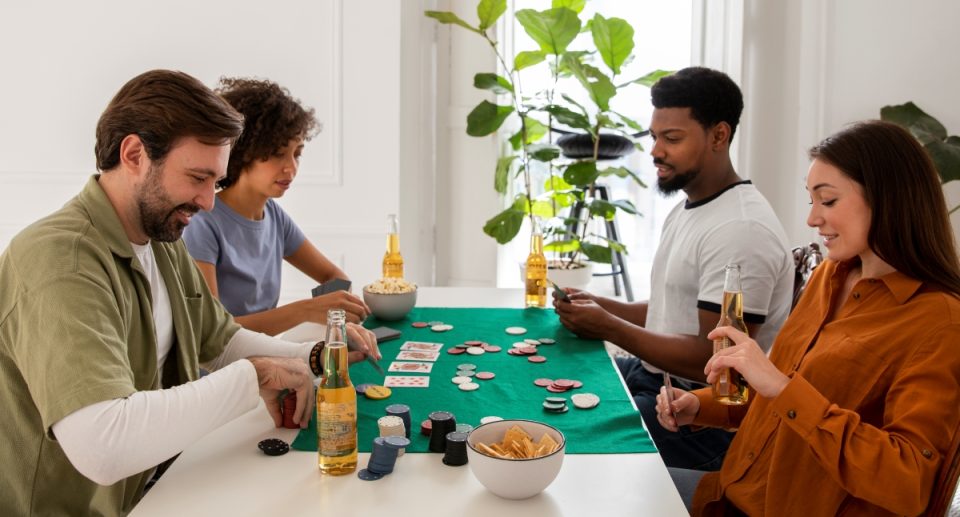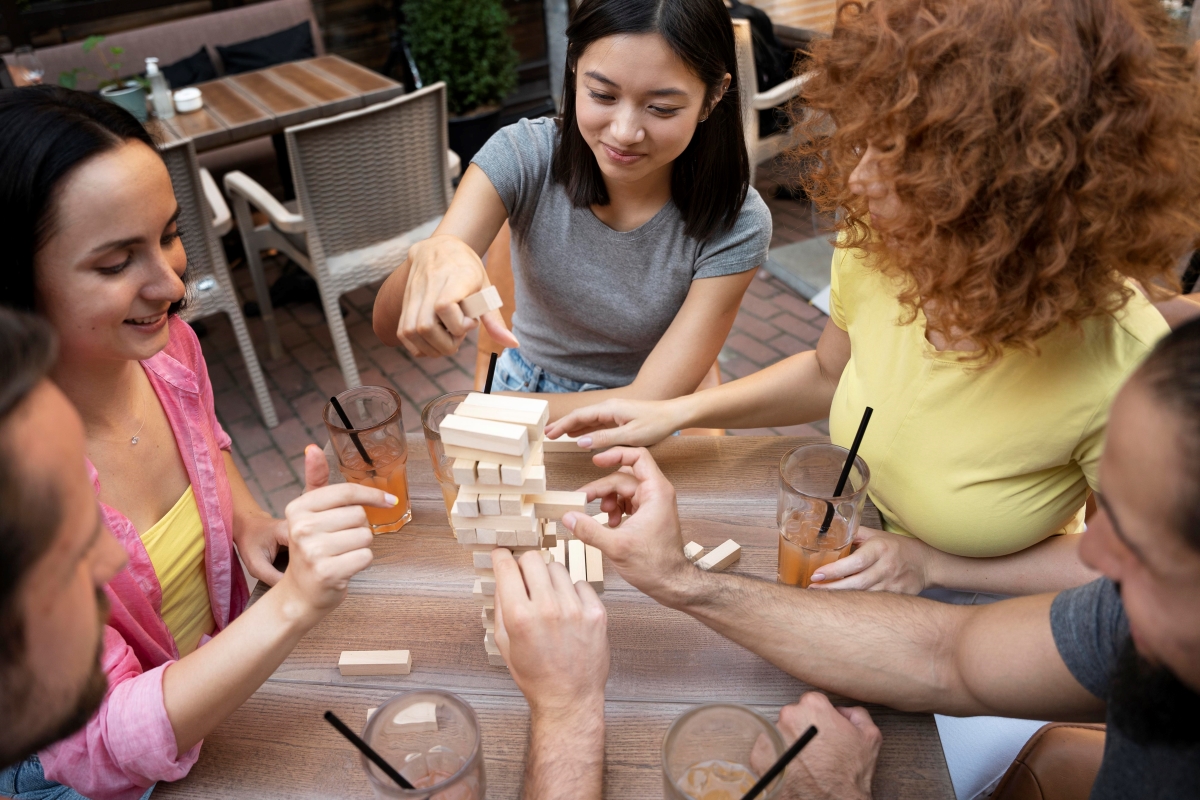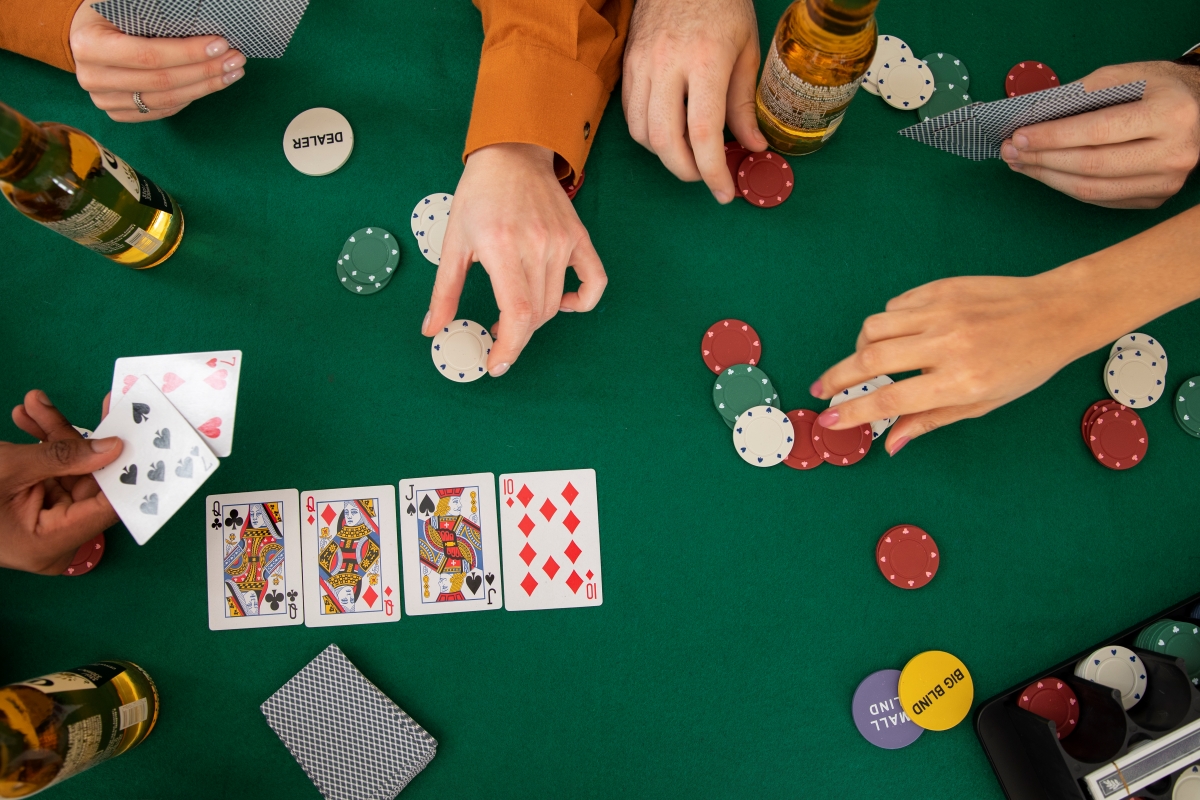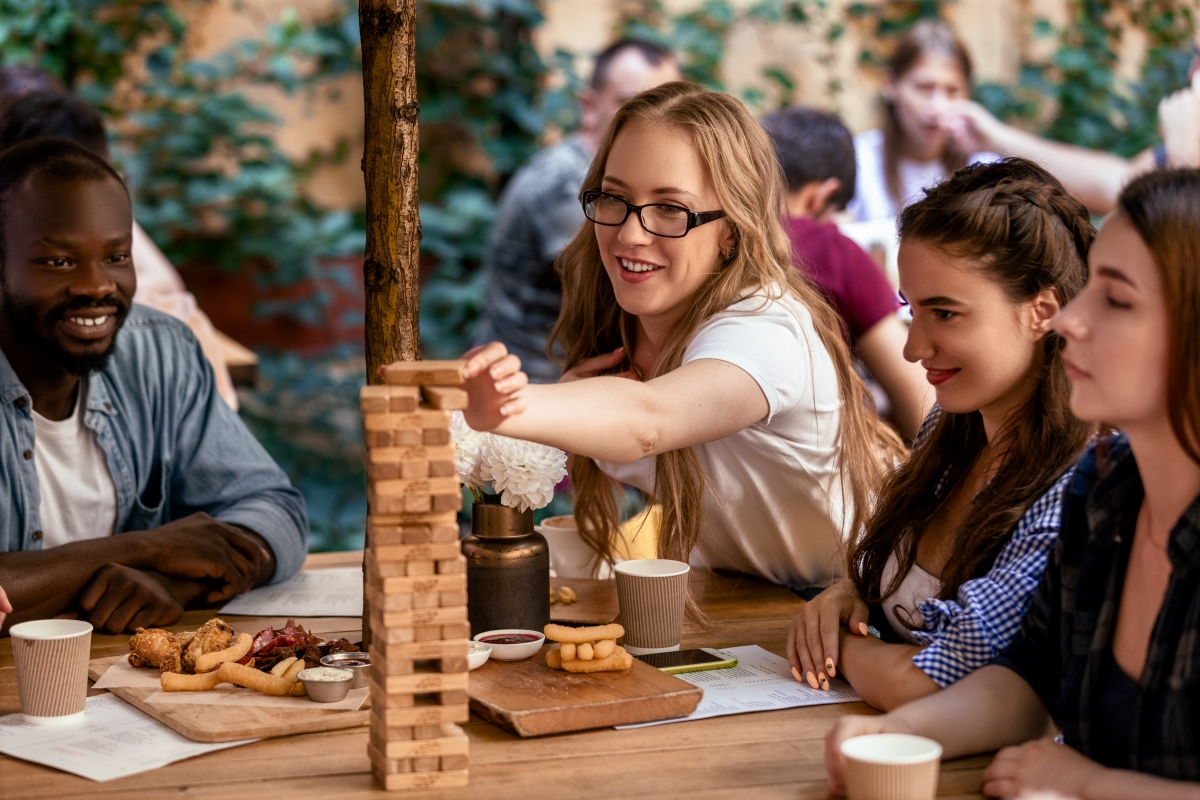How to Start a Puzzle Club in Your Senior Community

Puzzles are a fantastic way for seniors to engage their minds, improve cognitive function, and enjoy social interaction. The possibilities for fun and brain-boosting activities are endless, from crosswords and Sudoku to jigsaw puzzles and word searches. If you love puzzles and want to share that passion with others, starting a puzzle club in your senior community is a great way to bring people together and enhance mental well-being.
This guide will walk you through the steps to successfully start a puzzle club, its benefits to members, and tips for keeping it engaging and fun.
1. Why Start a Puzzle Club?

Starting a puzzle club can offer numerous benefits to seniors, both mentally and socially. Before diving into the practical steps, let’s examine why you should consider starting one in your community.
A. Mental Stimulation
Puzzles provide excellent mental exercise. Regular engagement with crosswords, Sudoku, and jigsaw puzzles helps improve memory, problem-solving skills, and cognitive function. Seniors who participate in puzzle clubs have the opportunity to keep their minds sharp while enjoying a challenge.
B. Social Interaction
Loneliness and social isolation are common challenges for seniors. A puzzle club creates a welcoming environment where members can interact, collaborate, and build relationships. Group puzzle-solving encourages communication and teamwork, helping participants feel more connected.
C. Stress Relief
Puzzles have a calming effect that helps reduce stress and anxiety. Focusing on solving a puzzle allows seniors to enter a state of mindfulness, helping them relax and unwind. A puzzle club provides a regular opportunity for stress relief while offering social support.
D. Fostering a Sense of Accomplishment
Completing a puzzle, whether individually or as a group, provides a rewarding sense of achievement. Seniors participating in puzzle clubs will feel a sense of accomplishment, boosting their confidence and emotional well-being.
2. Steps to Starting a Puzzle Club

Starting a puzzle club might seem like a daunting task, but with the right approach, it can be an easy and enjoyable process. Here are the steps to help you establish a thriving puzzle club in your senior community.
A. Gauge Interest
Before you begin, it’s essential to assess the interest within your senior community. Talk to your neighbors, friends, or fellow residents to see if there is a shared enthusiasm for puzzles. You might be surprised at how many people would enjoy the chance to solve puzzles together.
B. Choose a Meeting Space
Once you’ve confirmed interest, decide on a suitable location for your puzzle club meetings. Common areas like community centers, libraries, or recreation rooms are ideal for hosting puzzle-solving sessions. Ensure the space has comfortable seating, good lighting, and enough room for multiple tables or workstations.
C. Set a Schedule
Establish a regular meeting schedule that works for the majority of interested members. Decide whether you’ll meet weekly, biweekly, or monthly, and choose a day to accommodate most participants. Consistency is key to maintaining interest and growing the club.
D. Gather Supplies
Next, you’ll need to gather a variety of puzzles to cater to different interests and skill levels. Consider including a mix of:
- Crosswords: Ideal for language lovers and those looking to improve their vocabulary.
- Sudoku: Perfect for number crunchers and logical thinkers.
- Jigsaw puzzles: Great for groups that enjoy working on something tangible.
- Word searches: Fun and less challenging puzzles that can be completed individually or in pairs.
Encourage club members to bring their favorite puzzles to share, and as the club grows, you can rotate different puzzles at each meeting.
E. Invite Participants
Once your schedule is set and your supplies are ready, it’s time to invite participants. You can promote the puzzle club through community bulletin boards, social media groups, or by word of mouth. Encourage members to invite their friends or neighbors to join as well.
F. Create a Welcoming Environment
The first few meetings are crucial to the club’s success. Make sure everyone feels welcome by fostering a friendly and inclusive atmosphere. Icebreaker games or light conversation at the beginning of each meeting can help members get to know one another and build rapport.
3. Keeping the Puzzle Club Engaging

Once your puzzle club is up and running, keeping members engaged and excited about participating is important. Here are some tips to ensure your puzzle club remains fun and stimulating for everyone involved.
A. Introduce Puzzle Challenges
To keep the puzzle club interesting, introduce puzzle challenges or competitions. For example, you could have a timed crossword-solving competition or a jigsaw puzzle race. Offer small prizes or recognition to winners to add a sense of fun and motivation.
B. Mix Up Puzzle Types
Ensure your puzzle club offers variety by rotating between different types of puzzles at each meeting. You could focus on crosswords one week, while the next meeting could feature Sudoku or a jigsaw puzzle. This keeps things fresh and allows members to try new puzzle types.
C. Collaborative Puzzle Solving
Encourage collaboration by working on larger puzzles as a group. For example, tackling a 1,000-piece jigsaw puzzle as a team can be a fun and rewarding. Members can work together, share ideas, and help each other solve more challenging puzzles.
D. Incorporate Themed Puzzles
To add an element of fun, consider incorporating themed puzzles around holidays or seasons. For instance, you could work on Halloween-themed crosswords in October or winter-themed jigsaw puzzles during the holiday season. Themes can add excitement and provide a reason to celebrate together.
E. Share Puzzle Tips and Techniques
Encourage members to share their puzzle-solving strategies and tips. Whether it’s a clever method for solving Sudoku or a unique approach to completing jigsaw puzzles, sharing knowledge can help everyone improve their skills and feel more confident.
4. Benefits of a Puzzle Club for Senior Communities

A puzzle club offers more than just an enjoyable activity for seniors—it can have lasting positive effects on the entire community. Here are a few ways a puzzle club can contribute to a thriving senior community:
A. Building Stronger Relationships
Regularly attending puzzle club meetings allows members to form lasting friendships. The social bonds created during puzzle-solving sessions can carry over into other aspects of life, creating a stronger sense of community.
B. Combating Social Isolation
Social isolation can be a significant issue for many seniors, especially those living alone. A puzzle club provides a regular opportunity for social interaction, which can help reduce feelings of loneliness and improve overall mental well-being.
C. Encouraging Lifelong Learning
Puzzles are not only fun but also educational. Members of a puzzle club are constantly learning new strategies, acquiring new knowledge, and challenging their brains. This lifelong learning is critical for keeping the mind engaged and reducing the risk of cognitive decline.
D. Providing a Creative Outlet
Solving puzzles can be a creative and satisfying experience. Whether it’s the art of completing a jigsaw puzzle or the language skills needed to solve a crossword, a puzzle club offers members an outlet for creative expression and intellectual fulfillment.
5. Expanding Your Puzzle Club

As your puzzle club grows, you may want to consider expanding its activities or taking the group beyond the meeting room. Here are a few ideas to take your puzzle club to the next level:
A. Host Puzzle Tournaments
Organize friendly puzzle-solving tournaments within your club or even with neighboring communities. This can add excitement and a fun, competitive element to the club’s activities.
B. Participate in Charity Events
Consider hosting puzzle-related charity events where proceeds go to a local senior center, healthcare organization, or other community causes. Not only does this add a meaningful purpose to your club, but it also raises awareness for important issues.
C. Online Puzzle Platforms
For seniors who cannot attend in person, you can explore online puzzle platforms where members can solve puzzles together virtually. This is particularly useful for those who prefer digital puzzles like crosswords or Sudoku.
Conclusion

Starting a puzzle club in your senior community is a rewarding way to bring people together, enhance cognitive function, and foster social interaction. Following these steps and creating an inclusive, engaging environment can build a thriving puzzle club that benefits everyone involved. With a little effort, you’ll offer seniors a fun, stimulating, and meaningful way to keep their minds sharp and their spirits high.





